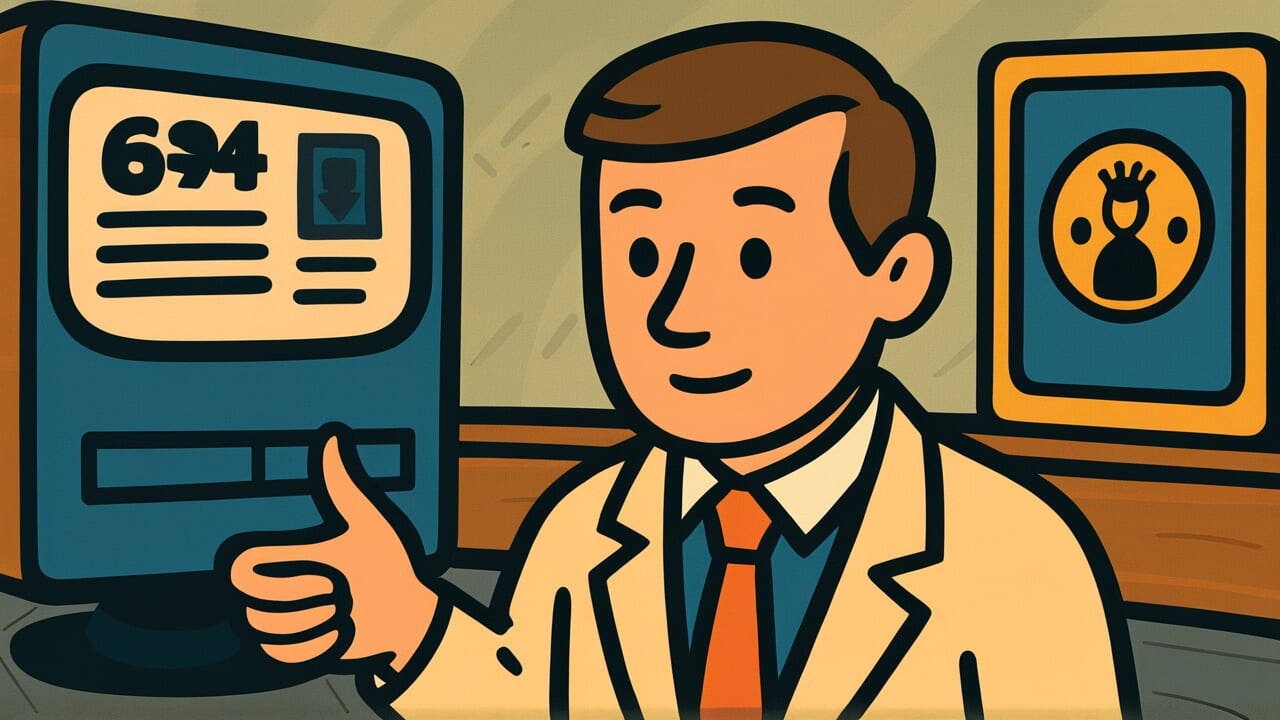How to Read “One who knows it cannot match one who likes it”
Kore wo shiru mono wa kore wo konomu mono ni shikazu
Meaning of “One who knows it cannot match one who likes it”
This proverb means that someone who merely knows about something cannot match someone who truly loves it.
There’s a huge difference between understanding something intellectually and being passionate about it. The gap in results and depth is enormous.
This saying applies to all fields: academics, arts, sports, and more. Knowledge and skills alone don’t make you a true master.
Only those who genuinely love what they do can overcome difficulties and create innovative results.
Modern society often emphasizes formal credentials like degrees and certifications. But this proverb reminds us that something more important exists.
It teaches us about the power of liking something. It shows us the tremendous energy that passion generates.
Origin and Etymology
This proverb comes from the Analects of Confucius, specifically from the chapter “Yong Ye.”
The original Chinese text reads: “One who knows it cannot match one who likes it; one who likes it cannot match one who enjoys it.” Confucius spoke these words to his disciples about the essence of learning.
The complete version describes three stages: knowing, liking, and enjoying. In Japan, the first part became established as an independent proverb.
“Knowing” refers to understanding something as mere information. “Liking” expresses an active attitude where your heart is drawn to something and you willingly engage with it.
Over two thousand years have passed since Confucius’s time. Yet these words remain relevant because the essence of learning never changes across eras.
During Japan’s Edo period, Confucian studies were highly valued as samurai education. The Analects were widely read.
Through this process, these teachings took root in Japanese life as a proverb.
Usage Examples
- He has extensive English knowledge, but he can’t match you who loves Western music and listens to it daily—one who knows it cannot match one who likes it
- I got the certification, but watching people who truly love this work makes me realize the truth of one who knows it cannot match one who likes it
Universal Wisdom
This proverb reveals a universal truth: in human growth and achievement, emotion holds far greater power than knowledge.
Why can people lose track of time when doing what they love? Because liking something generates energy that springs from within, completely different from obligation or compulsion.
Knowledge comes from outside. But the feeling of liking something arises naturally from deep within your heart.
You might forget what you memorized for a test. But what you pursued with passion soaks into your body and never leaves. This happens because humans are creatures who learn and grow through interest and passion.
Our ancestors understood this essential human nature. Even the finest teacher cannot make lessons sink deep if the student lacks genuine interest.
The teaching only scratches the surface. Conversely, people will forge their own path toward what they truly love, even without perfect conditions.
This proverb has been passed down for over two thousand years. Why? Because human psychology doesn’t change, even as times do.
Even in our modern knowledge society, what ultimately moves people and produces great results is still the pure emotion of “liking.”
When AI Hears This
Neuroscientist Kent Berridge’s research shows that the brain has two independent reward circuits. One is the dopamine system that generates “wanting,” and the other is the opioid system that creates “liking.”
Surprisingly, these two can operate separately. The dopamine response when you recognize “this is important” differs completely from the opioid response when you feel “this is fun.”
In the brain of “one who knows,” dopamine mainly works. This neurotransmitter responds to goal achievement and problem-solving. In other words, it’s recognizing something as “what should be done.”
In the brain of “one who likes,” the opioid system activates. This person derives pleasure from the activity itself. Here lies the decisive difference.
The dopamine system depends easily on external rewards like test scores and evaluations. But the opioid system makes the activity itself the reward source.
Even more fascinating: research shows that people with active opioid systems have remarkably lower stress responses while doing the same tasks.
“One who likes it” exists in a neural state where effort doesn’t feel like effort. The superiority Confucius intuitively grasped 2,500 years ago was actually measurable as differences in brain chemistry.
Lessons for Today
This proverb teaches modern people the importance of valuing the emotion of “liking” in life choices.
Modern society tends to choose paths based on external standards: income, stability, social recognition. But finding what truly moves your heart is the real shortcut to a fulfilling life.
If you’re working on something now and feel stuck, maybe it’s not about lacking knowledge or skills. Perhaps you haven’t truly come to love it from your heart.
Conversely, if you have something you’re passionate about, even without recognition from others, that’s your treasure.
If you trust that passion and keep going, the day will surely come when you surpass those who approach it with knowledge alone.
What matters is the courage to find what you love and the determination to cherish it.
Don’t judge everything by efficiency and rationality alone. Listen to what makes your heart respond. Your “liking” will become a strength that’s uniquely yours, impossible for anyone else to imitate.



Comments